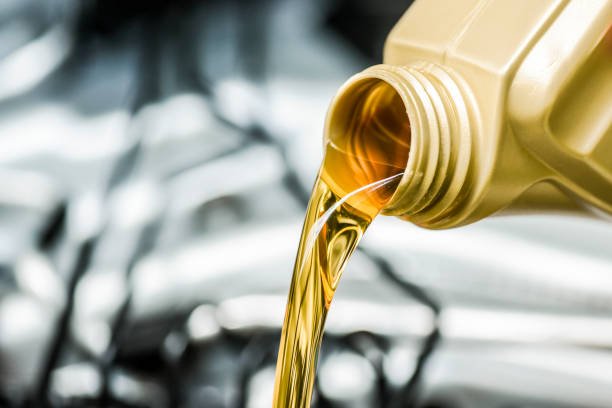
The engine of any vehicle, whether it’s a fleet vehicle, an industrial machine, a boat engine, or something else, requires oil. Most of us know that oil lubricates the engine, but did you know it also serves several other functions? Whether we’re talking about your own vehicle or a fleet of vehicles owned by your business, understanding how engine oil functions is crucial to maintaining an engine.
Lubrication and protection of engine oil
Engine oil is primarily responsible for lubricating and protecting metal components. A thin layer of oil prevents metal-to-metal contact, which reduces wear and tear and extends the engine’s life. Additionally, it prevents water from contacting metal surfaces, preventing corrosion.
Improved fuel economy
A properly lubricated engine runs smoothly, consuming less fuel and generating less power. However, as the oil degrades, it loses its ability to lubricate properly, increasing fuel consumption and reducing power output.
Enhanced Performance of Engine Lubricant
Did you know that the space between the piston and the cylinder is not completely smooth? Small imperfections in the walls and cylinder surface can rob you of output power. Engine lube coats these surfaces, providing a smooth surface and a strong seal to improve engine performance.
Engine Lubricant Cooling
Although engine lubricant is not usually thought of as a coolant, it works alongside radiator fluid to prevent heat buildup from damaging the engine.